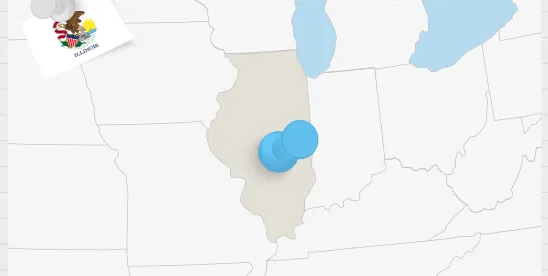On August 15, the Illinois Department of Financial and Professional Regulation proposed regulations to implement recent amendments to the Residential Mortgage License Act of 1987 (RMLA) covering “shared appreciation agreements.” The proposed revisions treat these agreements as residential mortgage loans subject to RMLA licensing and compliance requirements.
A shared appreciation mortgage is when the borrower shares a percentage of the appreciation in the home’s value with the lender. When a borrower sells their home, they must repay the lender the loan balance plus an agreed-upon percentage of the increase in market value of the home. In return for this additional compensation, the mortgage lender agrees to charge a below-market interest rate.
The proposal clarifies how providers of shared appreciation agreements, also known as home equity investment products, must operate under Illinois’ mortgage licensing framework. The proposal includes the following provisions:
- Shared appreciation agreements treated as mortgage loans. Providers must be licensed under the RMLA when brokering, originating, purchasing, or servicing these agreements.
- Expanded disclosure obligations. Licensees must give consumers clear information regarding repayment terms, risks, and alternatives before entering into an agreement.
- Borrower protections. The rules introduce counseling requirements, repayment limits, and restrictions on balloon payments within the first five years.
- Supervision and recordkeeping. Originators and servicers must maintain detailed loan logs and comply with examination and enforcement standards applicable to other mortgage products.
Putting It Into Practice: With these rules, Illinois is signaling that home equity investment products will not sit outside traditional mortgage licensing and compliance regimes. With the CFPB issuing guidance last year warning that similar products may be subject to Truth in Lending Act requirements earlier this year (previously discussed here), Illinois’ proposal signals that the state’s regulators are prepared to set their own standards, despite recent changes at the Bureau. Providers should evaluate licensing status, disclosure practices, and counseling arrangements now in anticipation of these proposed rules moving forward.




 />i
/>i
